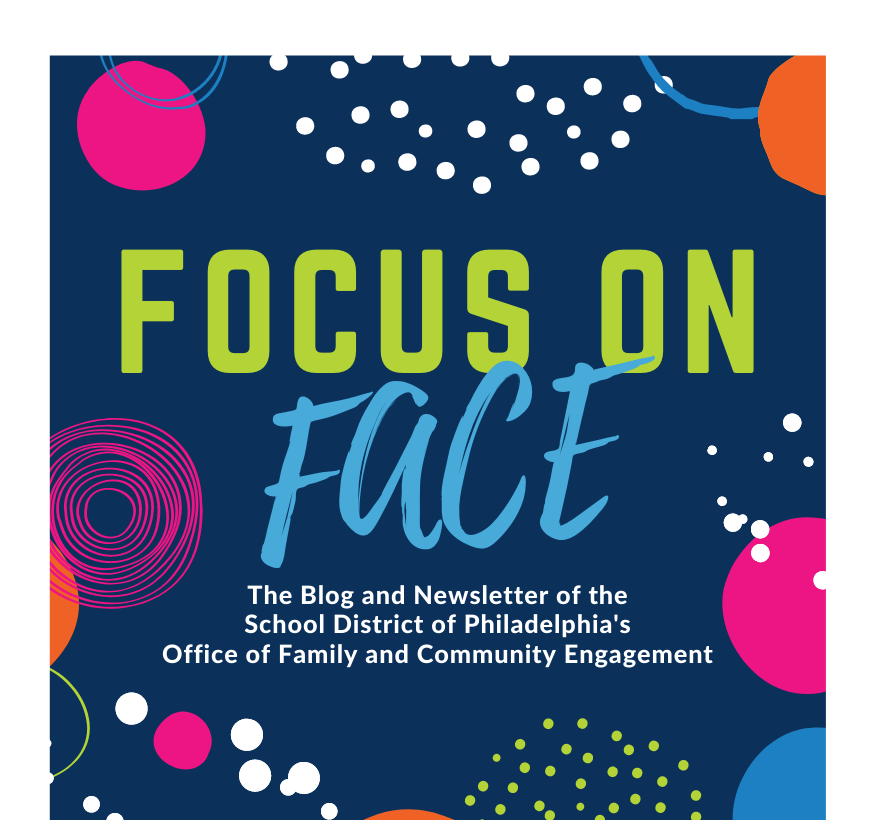
Photo: NPR
Report card conferences are approaching, and we want to make sure that both families and educators are prepared and ready to discuss the progress of students to ensure a clear path for the rest of the school year, especially in this unique environment. Remember that a major goal of these conferences is to have a productive and beneficial conversation about student learning, growth, and life both at school and at home. Read on for tips and advice on how to make these meetings as productive as possible!
- Do your best to attend the conference and to be on time. If the time slots do not work for you, you can try to reschedule. It is important to try and connect with someone who plays such a pivotal role in the life of your child. Don’t miss this chance to learn about your child and see what you can do to partner in their development.
2. Before going into the conference, jot down a few key things that you want to talk about with the teacher. Keep in mind that the teacher probably also has an agenda of things he wants to talk about, and there is limited time, so be sure to narrow down your talking points to a few major things.
3. Exchange information with the teacher. Don’t assume that only the teacher has things to share about the student. You have more than enough knowledge about your child to exchange with the teacher as well. If your child loves dinosaurs or soccer, let the teacher know. Sharing your child’s quirks, likes, and dislikes can give the teacher a holistic understanding of who the student is and come up with a better plan to help him succeed.
4. Discuss the child as a whole—not only academically but also emotionally, physically, and socially. Digital learning has had has effects on students that should be acknowledged and tackled together. Take note of how your child is engaging with online learning and what your child’s participation in class looks like. Your student’s report card is just a snapshot of how your child is doing at school, but pay attention to the fuller picture of his or her growth.
5. Take notes during the conference. Jot down three major areas: things your child is doing well, things your child is struggling with, and ways to reinforce learning at school with strategies at home.
6. Note practical action steps to move forward, and communicate them with the teacher. For example, if you feel like you might want to have a chat with the teacher every month to check in on a challenge your child is having, think of a schedule that works for you both.
7. Give the benefit of the doubt—remember that all parties involved in the conference are there for the child’s good. Assume that the other wants the child to advance in both learning and life skills.
Remember, collaboration and communication are the keys to a beneficial conference! If both the teacher and the caregiver are playing for the same team, you’re more likely to make a goal together and accomplish them. Below are resources that may help you during your conference and can help you stay connected throughout the school year:
- At-the-Conference Checklist
- Family Report Card Guides

